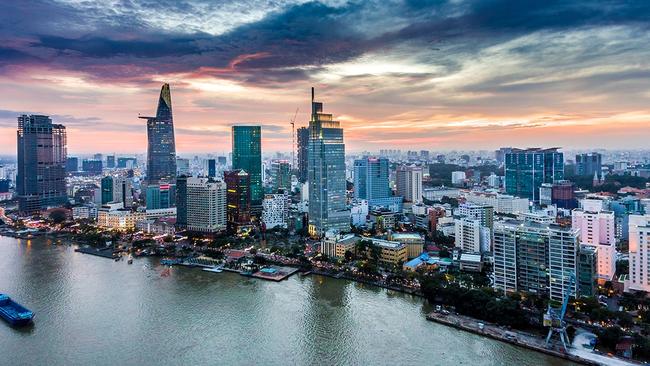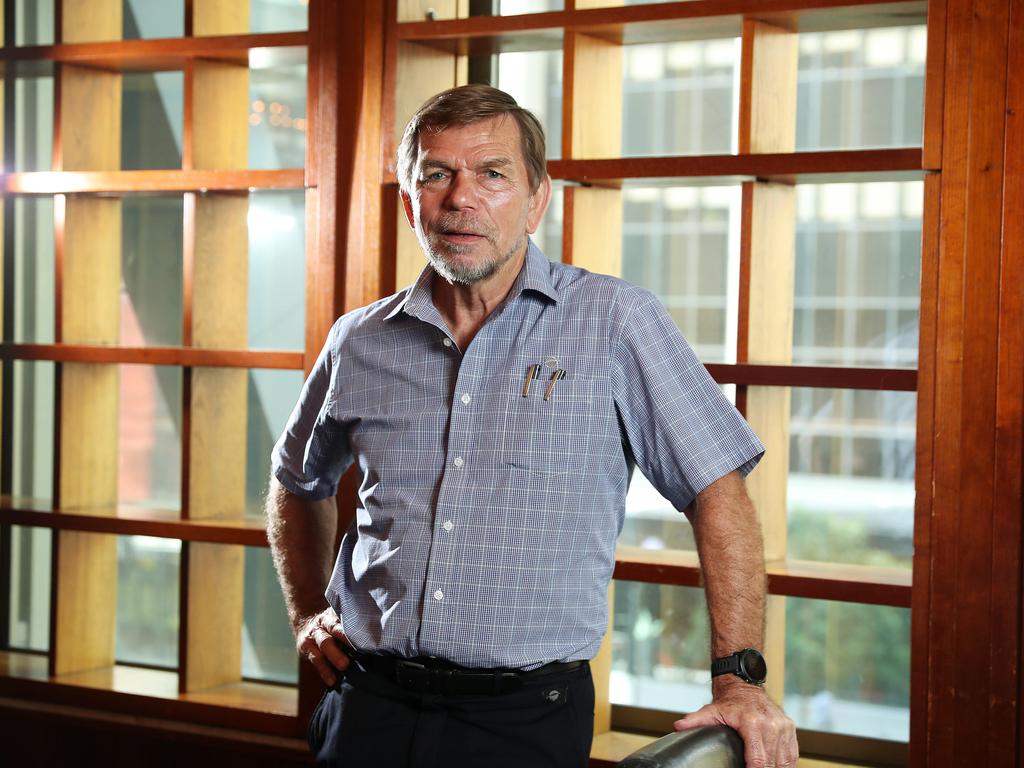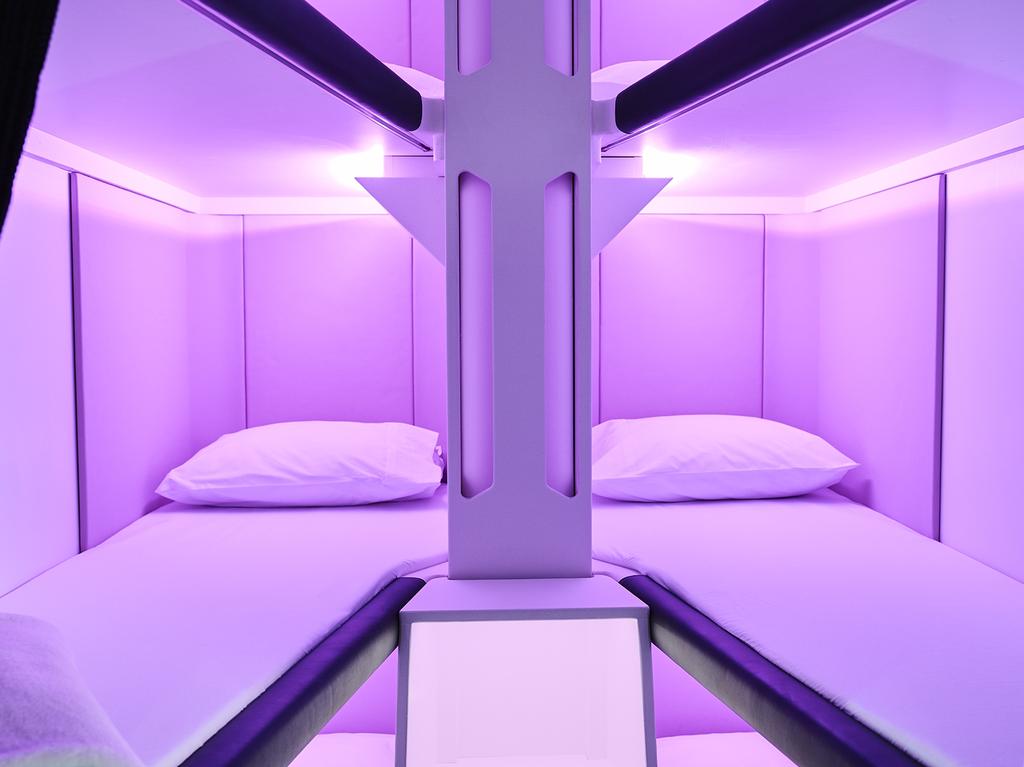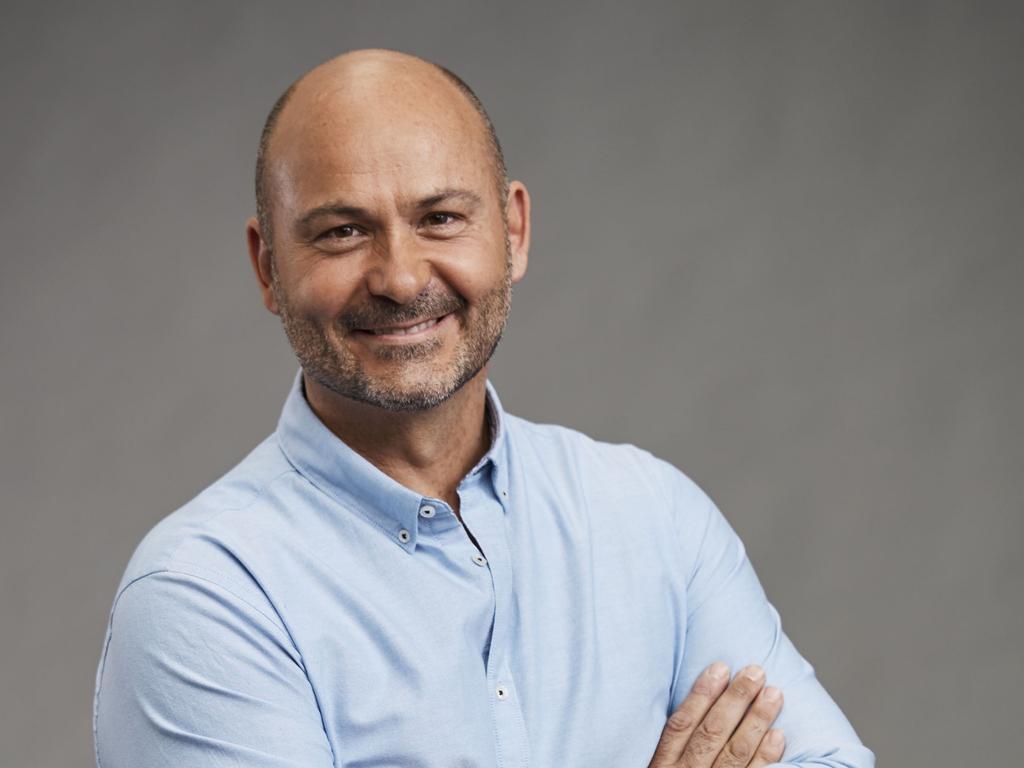Airfares slashed as travel demand plummets on coronavirus fears
Airlines are cutting fares after fresh outbreaks of Covid-19 sent more shockwaves through the travel industry.

Airlines have embarked on another round of fare cutting after fresh outbreaks of Covid-19 sent more shockwaves through the travel industry already reeling from plunging demand.
Air New Zealand led the way with extraordinary fares of $69 one way from Auckland to Melbourne, and $79 one way from Auckland to Sydney or Brisbane.
Available until close of business Monday, the fares were designed “to stimulate travel in the wake of softening demand”.
Air New Zealand chief revenue officer Cam Wallace said travellers mainly from Asian destinations were not connecting between New Zealand and Australia.
“Kiwis and Aussies are going to be able to head away for holidays or to see family and friends or do business for cheaper than a night’s accommodation at most hotels,” Mr Wallace said.
“We’d encourage customers to get in quick as the cheap seats are likely to sell fast.”
The fare offers comes after Air New Zealand reported an after tax profit for the first half of the 2020 financial year of $101m, 33 per cent lower than the prior period and the lowest in seven years.
Jetstar also jumped in with fares as low as $31 between Sydney and Avalon, $209 one-way to Ho Chi Minh City, $199 to Bali, and $149 to fly from Sydney to Perth.
Qantas offered an $880 return fare between Sydney and Los Angeles, and $254 one way to Vanuatu.
Singapore Airlines had a $681 return fare for Sydney-Hong Kong, and travel bookings site Webjet was offering $40 off all domestic airfares booked Friday or Saturday.
Avoiding unnecessary trips
The downturn in travel demand was not only hurting airlines and tourism operators but travel doctors as well, with people not even bothering to seek advice before making the decision not to fly.
Melbourne-based travel doctor Sonny Lau said emotion was driving decisions not to travel in many instances, but he advised people against making any unnecessary trips.
“It’s a fluid situation, things are changing every day, and if you do go, can you make it back?” Dr Lau said.
“Can you afford the risk of being quarantined and not be able to return. That’s a factor people have to plan for.
“I would generally advise to travel if you have to, but it’s not a good time to make those unnecessary trips.”
Anyone who was travelling overseas was advised to maintain excellent personal hygiene and wash hands frequently.
Dr Lau said it might also be a good idea for Australian travellers to be educated in the use of face masks.
Qantas director of medical services Dr Ian Hosegood said passengers should follow advice on the federal government’s smart traveller site, which only listed China as a country to avoid due to Covid-19.
“We’re in touch with the Department of Health on a daily basis and our experience as well is that that advice is accurate,” Dr Hosegood said.
“If it wasn’t safe (to fly) we wouldn’t be asking our crew to operate to those locations or on those aeroplanes.”
Despite concerns about breathing in potentially contaminated air on aeroplanes, aviation experts said medical-grade filters ensured 99 per cent of particles were removed, and the air was replaced with fresh air every few minutes.
As airfares have fallen so have share prices with Virgin Australia’s shares down to 10.5 cents on Friday, and Qantas shares slipping 1.95 per cent to $5.53 and Air New Zealand off 4 per cent to $2.19.
Even regional airlines Rex and Alliance felt the pain of the stockmarket plunge, with share prices down 3.3 per cent and 4.4 per cent respectively.
Rex reported its half year result on Friday, of a $6.9m net profit, down 29.6 per cent on the prior period.
Deputy chairman John Sharp said they were not prepared to provide a full-year forecast due to the volatility of the market, but they expected the coronavirus to have a significant negative effect.








To join the conversation, please log in. Don't have an account? Register
Join the conversation, you are commenting as Logout